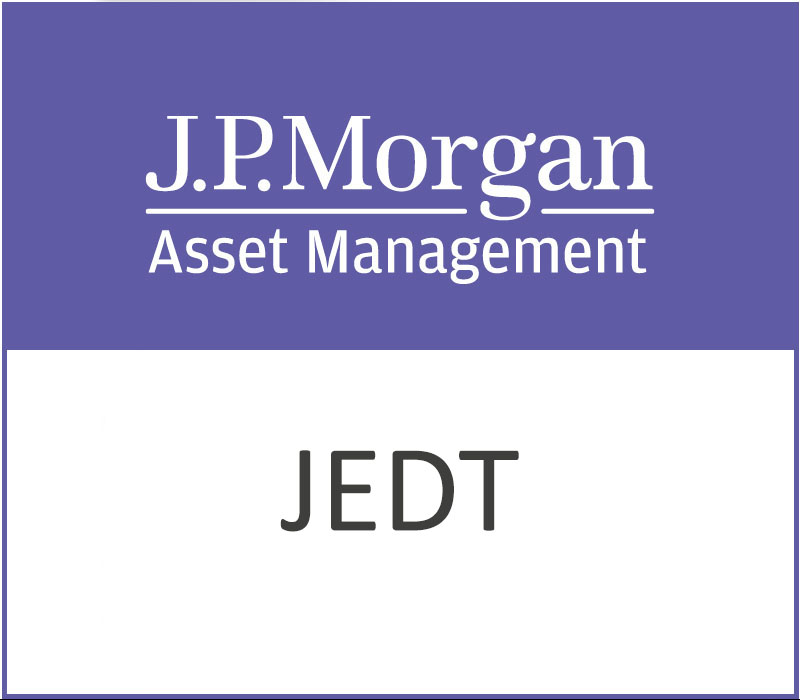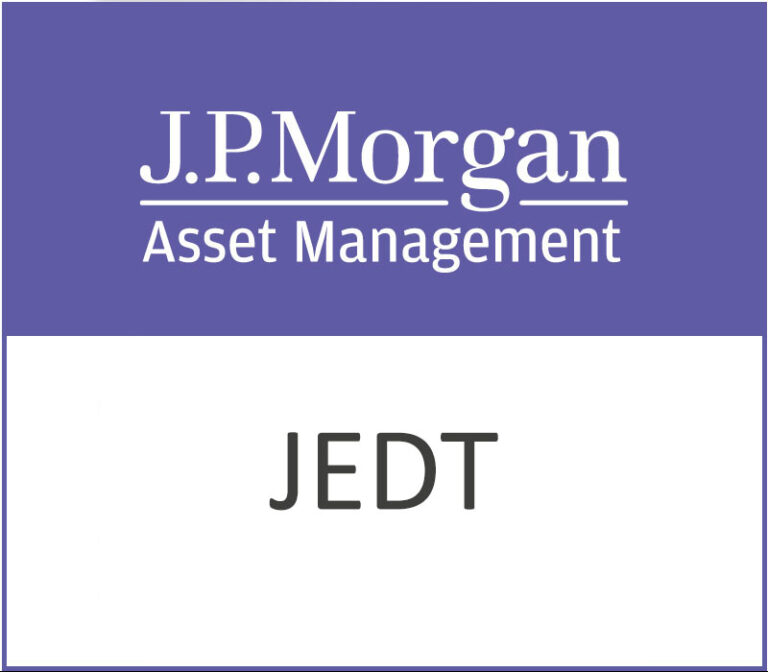A quiet shift in stewardship is coinciding with seismic policy changes across the continent, creating a landscape where lesser-known businesses may finally step into the limelight. As Berlin ramps up infrastructure spending and Brussels commits fresh funds to defence, a carefully rebalanced portfolio of nimble mid-tier firms stands poised to capture the momentum, even if wider markets are only just waking to the opportunity.
When a new team took the reins twelve months ago, they set about pruning once-familiar holdings and tilting towards enterprises that combine robust cash-flow trajectories with niche market positions. Early signs suggest that this calibration has not only cushioned the trust against sudden economic tremors but also ushered in a period of outperformance against broader European small-cap benchmarks. The managers are quick to observe that the best prospects often lie in under-researched corners, those firms whose names seldom make headlines but whose products and services are quietly gaining traction in specialised fields.
Underlying this tactical repositioning is a conviction that valuations across continental smaller companies still lag both their own historical averages and the multiples paid for well-known blue-chip peers. In pockets of Germany, for instance, construction-equipment suppliers and digital-services outfits are trading at levels that imply scant recognition of impending state contracts and supply-chain modernisation programmes. Likewise, in markets from Sweden to Spain, emerging players in cybersecurity and industrial automation retain a margin of safety for new investors, even as their earnings outlook begins to firm.
With official interest rates in retreat, the classic cyclical upswing in off-radar stocks is beginning to show its contours. The trust’s gearing, which amplifies returns when markets rally, is now seen less as an undue risk and more as a measured lever to enhance exposure at this stage of the cycle. Dividend flows remain secondary to growth, reflecting a willingness to reinvest in capacity expansion and research, rather than to distribute every pound of income. Yet, by focusing on companies that generate comfortable free cash flow, the managers believe they have struck a balance between ambition and prudence.
Europe’s renewed appetite for defence spending adds another structural layer to the story. Several of the trust’s holdings supply specialised components for armoured vehicles and communications systems, areas where order books are swelling as NATO allies seek to bolster collective capabilities. These contracts often come with multi-year commitments and price escalators linked to raw-material indices, providing embedded protection against the inflationary pressures that have tested many balance sheets in recent quarters.
Perhaps most compelling is the degree of selectivity now at work. The team has steered clear of firms whose revenues are overly tied to volatile commodity prices or whose balance sheets carry large debt loads. Instead, they have homed in on businesses with high recurring-revenue streams, loyal customer bases and the flexibility to redirect capital into faster-growing divisions. It is this ability to pivot, rather than to push blindly into the largest or most liquid names, that underpins the managers’ belief in the trust’s capacity to deliver superior risk-adjusted returns over a full market cycle.
Of course, deviations from macro-driven trends can persist longer than expected. Periods of broad-based market strength or sudden monetary policy shifts have in the past caught small-cap portfolios off guard. Yet the combination of disciplined stock selection, targeted sector exposure and a tilt towards enterprises benefiting from Europe’s latest policy initiatives lends this strategy a differentiated profile. Emerging liquidity in aptly chosen corners of the market is now adding an extra layer of support as the equity risk premium narrows.
In an investment environment where headline names command ever-higher premiums, rediscovering value in less obvious places is more than a contrarian play, it represents a considered approach to capture the next leg of Europe’s economic reawakening through businesses that, until now, have operated under the radar.
JPMorgan European Discovery Trust plc is an investment trust company. The Investment Trust JEDT objective is to achieve capital growth from a portfolio of quoted smaller companies in Europe, excluding the United Kingdom.






































